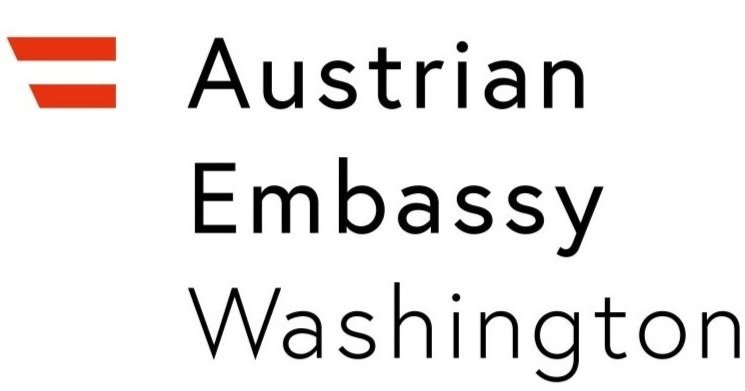Interview: Lisa Anderson, Austrian Scientist & CEO
Introducing Lisa Anderson, Austrian scientist, co-founder and CEO of Paragonix Technologies.
Lisa Anderson grew up as the daughter of two physicians in a small town in Austria. Now, she is the CEO of Paragonix Technologies, a Boston-based company transforming organ transplantation that she co-founded in 2010. An interview.
You are originally from Styria, Austria. What brought you to the U.S.?
I left Austria when I was 18 – exactly one day after completing the Matura! My first destination was Cambridge, United Kingdom, where I completed a three year program to graduate with a Bachelors in Biomedical Science at Anglia Ruskin University, followed by a three year Ph.D. in Medical Genetics at Cambridge University/Gonville & Caius College, sponsored by the Wellcome Trust. After six years of education and two years of postdoctoral fellowship at the Cambridge Institute for Medical Research, I was eventually recruited to Harvard Medical School and was sponsored by the Juvenile Diabetes Research Foundation. My initial work visit was supposed to be limited to one year, but one year turned into three, and three years turned into 18!
I spent three years at Harvard Medical School, after which I decided to found Paragonix Technologies. Most people thought that leaving a stable academic career for an idea that– at the time less than half baked – was pretty much a dumb decision, but that sentiment simply provided more fuel for my endeavors in transplant and to develop new medical device technology to help transplant patients.
Having worked in the U.S. for almost 18 years and co-founding the medical device company Paragonix in 2010, how would you describe the American world of work? How is it different from Austria?
I see the American world of work as one that has no barriers, no constraints, no limitations. While early entrepreneurship (and changing from an academic life to the corporate world) certainly was challenging and success often times seemed impossible, the American spirit to embrace failures, the encouragement to learn from setbacks and the ability to steer into new directions when all current options had been exhausted, is what allowed me to take risks. The American energy around creating something innovative is relentless. The people and the team that I have been able to surround myself with are tenacious risk takers who accept the risk – this is the American world of work I have been able to experience.
While I am not experienced with the Austrian world of work as I never enjoyed employment at home in Austria, my guess is that a more conservative approach is the norm. Less risk taking, maybe more rigidity in thinking. But who am I to comment on a world of work I don’t know?!
What is your advice for young, aspiring people in your field?
The saying goes that you are the average of the 4 people closest to you – so you better surround yourself with the best team possible. Pick a good mentor, find persons of interest that inspire you in your field and try to connect. Establish a healthy relationship with your peers – learn from them (both from their successes and failures). Try to be the best in your field. And take my own mother’s best advice: never follow the money. When you are the best at what you do, the money will follow you.
Last year, your company Paragonix broke a record for the longest distance a human heart had ever traveled, when a donor heart was flown 2,506 miles from Alaska to Boston in a Paragonix cooling system. What is next for you in the United States?
This world record was the just the beginning for our Company! We intend to break many more records! But it is not about breaking records that drives us here at Paragonix. It is all about improved care of the most vulnerable patient populations: (1) patients with end-stage organ failure, desperate to receive a new lease on life, and (2) donor patients who selflessly provide the gift of life to others.
Breaking records for us means that more organ transplants are available for patients that need an organ transplant. At the same time, this also means maximizing the opportunity for organ donors, whose final wish was to save another person’s life.
Our goal is to completely redefine what is possible in human transplantation and provide the best possible technology to improve patient outcomes. For example, last week it was just announced that our technology cuts the risk of death after a heart transplant by almost half! Here is a powerful story on this report by Masslive in my home state of Massachusetts: https://www.masslive.com/business/2024/04/mass-companys-ice-less-cooler-for-donor-hearts-is-game-changing-doctors-say.html
In personal terms, what do you miss about Austria?
Can I say “almost everything”? Top on the list is the Austrian humor. I miss that the most – Austrians are such unique people who can crack a joke in almost every situation. From the time I land in Austria to the moment I take off again, it’s the humor that touches me the most.
My two little boys were born here in Boston but identify as Austrians and as Styrians. Every party at my house is held according to Austrian culture and that makes every one of our friends happy. Austrian culture is the cornerstone of our household!

